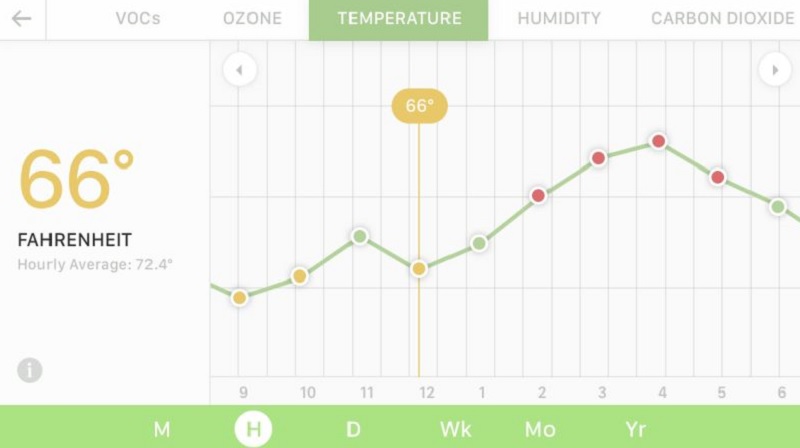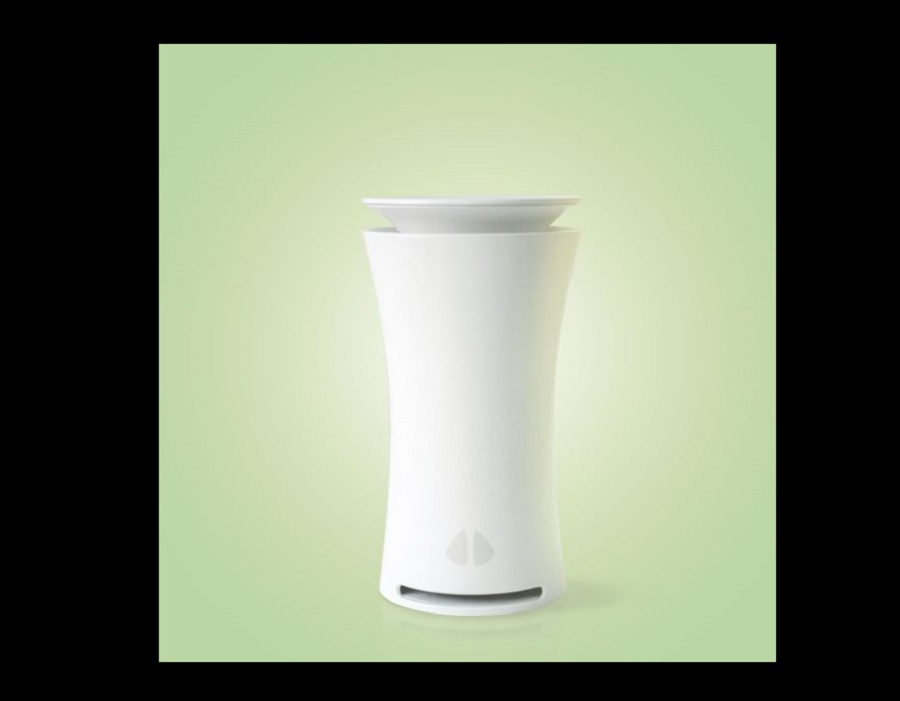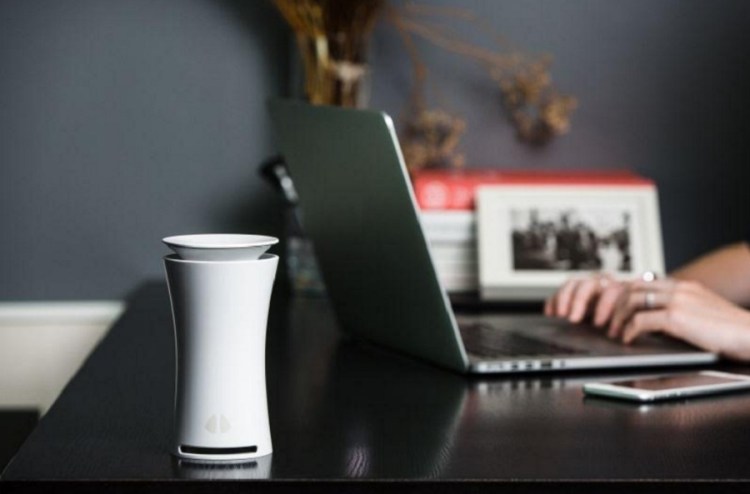Uhoo is launching a crowdfunding campaign on Indiegogo for a new app-based air-quality sensor for the home. It is the latest gadget to join the trend for the Internet of Things, or making everyday objects smart and connected.

Above: Uhoo’s app report.
Singapore-based Uhoo is raising funding to build its device, which has eight dedicated sensors. Using a mobile app, you’ll be able to gauge the quality of the air in your home, including levels of toxins and allergens that make your home air hazardous. It can specifically detect temperature, dust, humidity, carbon dioxide (CO2), carbon monoxide (CO), ozone, air pressure, and volatile organic compounds (VOC), which are found in paint and home cleaning products.
The device will cost $99. That isn’t cheap, but Uhoo designed the device to go deeper and broader than any other product out there. It also provides an app with real-time alerts, device and data sharing, and a health diary so you can track changes over time. It stores history on all your rooms and all your devices, making it useful for both businesses and consumers. The devices are in pilot testing in two hospitals, as well as a convention center.
The company is attacking indoor quality because we spend about 90 percent of our time indoors, according to various studies. The device could be particularly useful for people with asthma and allergies, as well as those who work around toxic chemicals.
One study found that air quality is poor in 50 percent of U.S. schools, and indoor air often far worse to breathe than outdoor air. And if you can’t measure air quality, you can’t do anything about it.
“We want to prevent asthma and allergies with a smart indoor air-quality sensor,” said Dustin Jefferson Onghanseng, CEO and cofounder of Uhoo, in an interview with VentureBeat. “We can offer you tips and tricks to make the air better.”
Uhoo is small, at about 3.3 inches in diameter and 6.2 inches high. It weighs less than a pound, so it can easily sit unnoticed and be moved around.
Other products are debuting to clean our air. Sprimo just announced a $400 air sensor that can also clean the air with a filter. But Uhoo’s founders discovered that filtering the air wasn’t so easy. You need a different kind of filter to deal with different allergens and toxins. So the company will leave that task to other products that can be specifically targeted at those problems, Onghanseng said.
The app allows you to have multiple devices on one account, so you can monitor different locations around the clock.
Research conducted by the Lawrence Berkeley Lab at the University of California showed that a better indoor environment in the workplace has potential annual health care savings and productivity gains of $528 to $669 per person.
“Our air could be bad, and there is no way for us to know the quality of our air, especially indoors where we spend most of our time,” Onghanseng said. “We give you real-time, personalized insights.”
You plug Uhoo into a wall socket and connect it to a Wi-Fi network. The air quality report shows up on the smartphone app (available on both iOS and Android). The data is securely and safely stored in the cloud for easy access from anywhere in the world and can be shared with others, including health practitioners. You can monitor air quality remotely, so you can keep up on others such as an aging parent, grandparent, or your child when you are away.

Above: Uhoo reports on the history of your air quality.
Uhoo will come in two versions: classic and premium. The difference between them is how many dedicated sensors the device has. The mobile app allows you to keep an ongoing history of the indoor air quality for every room you set up and to share that history with others.
Onghanseng cofounded the company in 2014 with Brian Lin. The company has 10 people, including six full-timers. The name comes from a Chinese word, yohoo, that means “excellent breathing.” Uhoo is funded by Health Ventures and hopes to ship its first devices by the end of 2016 to those who place preorders.

Above: Uhoo air sensor.


